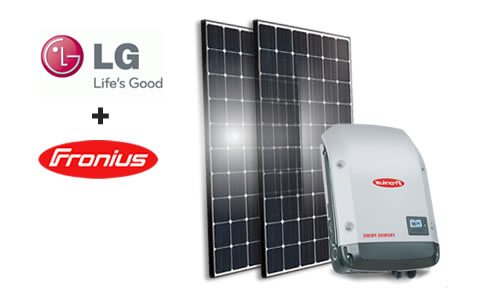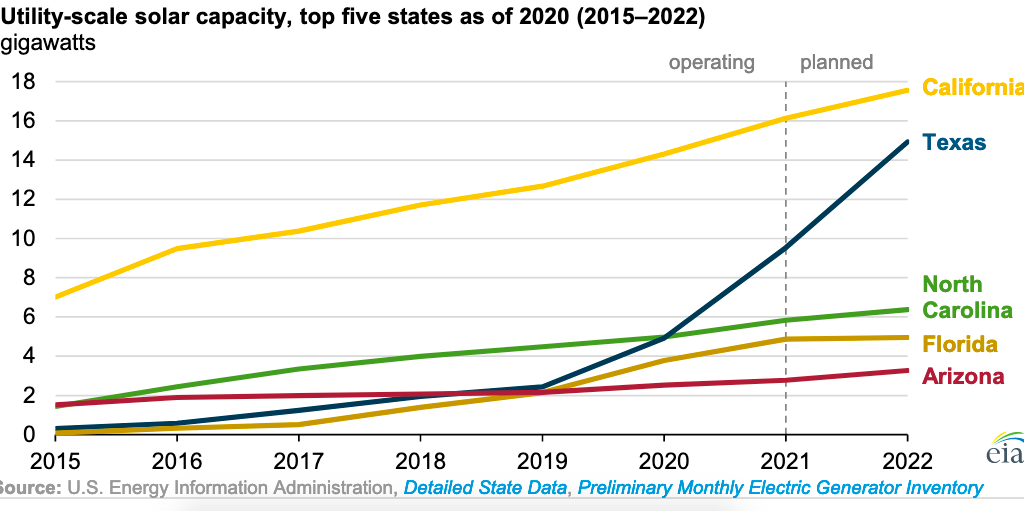
Installing solar panels can help you achieve your goals, whether your farm is financially healthy or productive. Solar panels will keep your crops cooler during the daylight, which will lower moisture levels and prevent hail damage. These panels keep your crops cool during the day and warm at night.
Additionally, solar panels can help reduce your electricity expenses. California almond sheller, for example, built a solar powered 45,000-square-foot processing center that offset 90 percent of his family's electricity use during droughts.
Although solar on farmland has been around for a while, it's a relatively recent development in the United States. Agrivoltaics or farm-based sun is the next step to increasing solar's contribution towards renewable energy. As solar technology improves, more and more farmers will start installing solar arrays to offset the costs of electricity used in their operations.
There is still much to be learned about farm-based solar. While the technology is relatively new, there are many farmers who have already found some surprising benefits from solar projects. A recent study from the University of Maine found that solar panels boosted the number of wild blueberries planted on patches of land. It was also discovered that solar panels had a positive influence on the overall growth rate of the berry plants.

A solar farm can help to reduce greenhouse gas emissions and increase food production. As solar technology improves more and more agrivoltaic plants will be built. Solar Massachusetts Renewable Target program (SMART) provides financial incentives for developers to encourage farm-based solar.